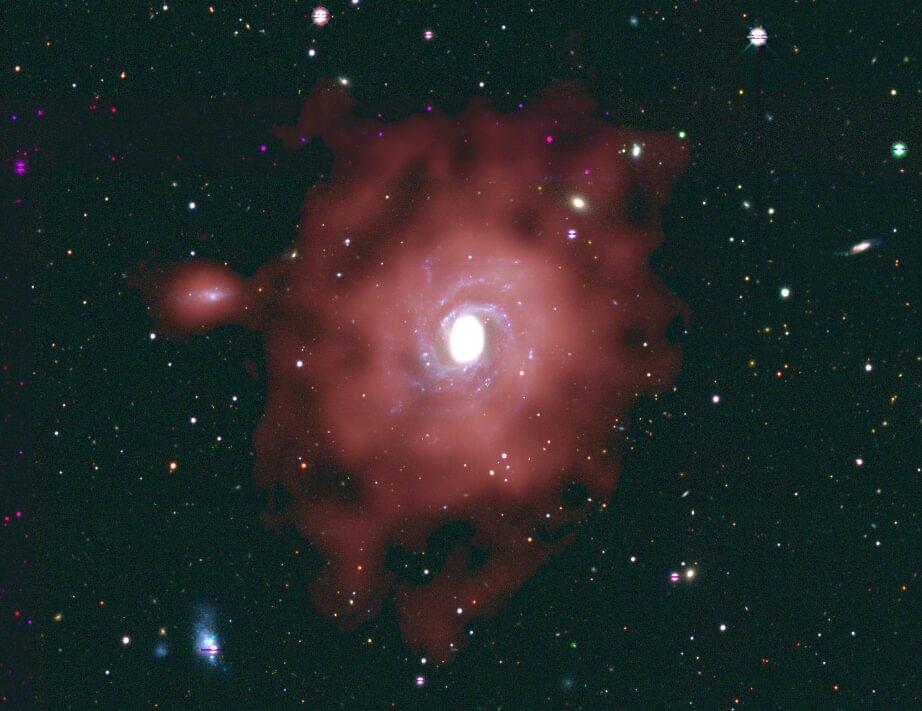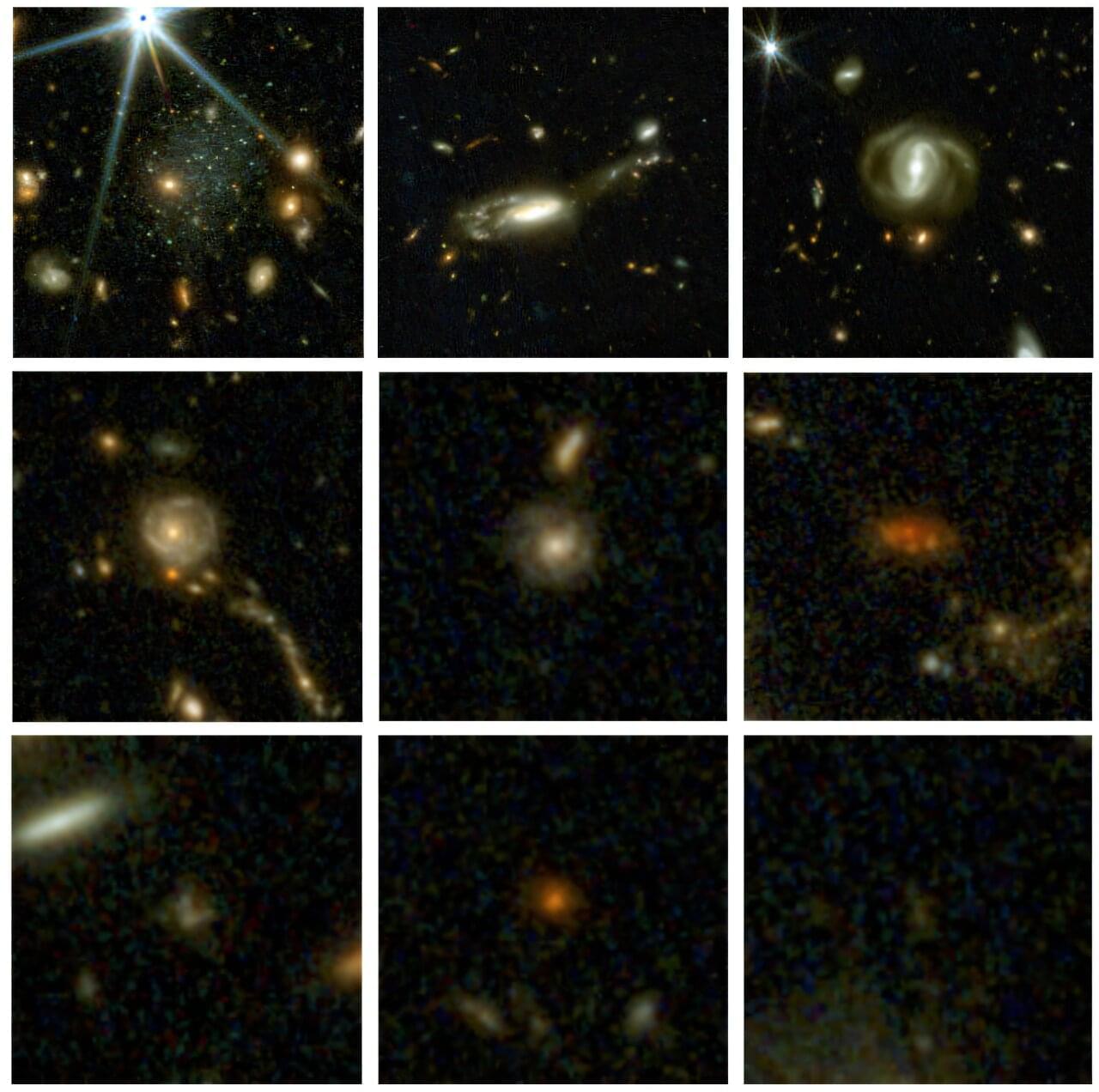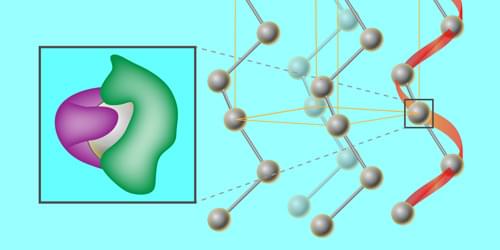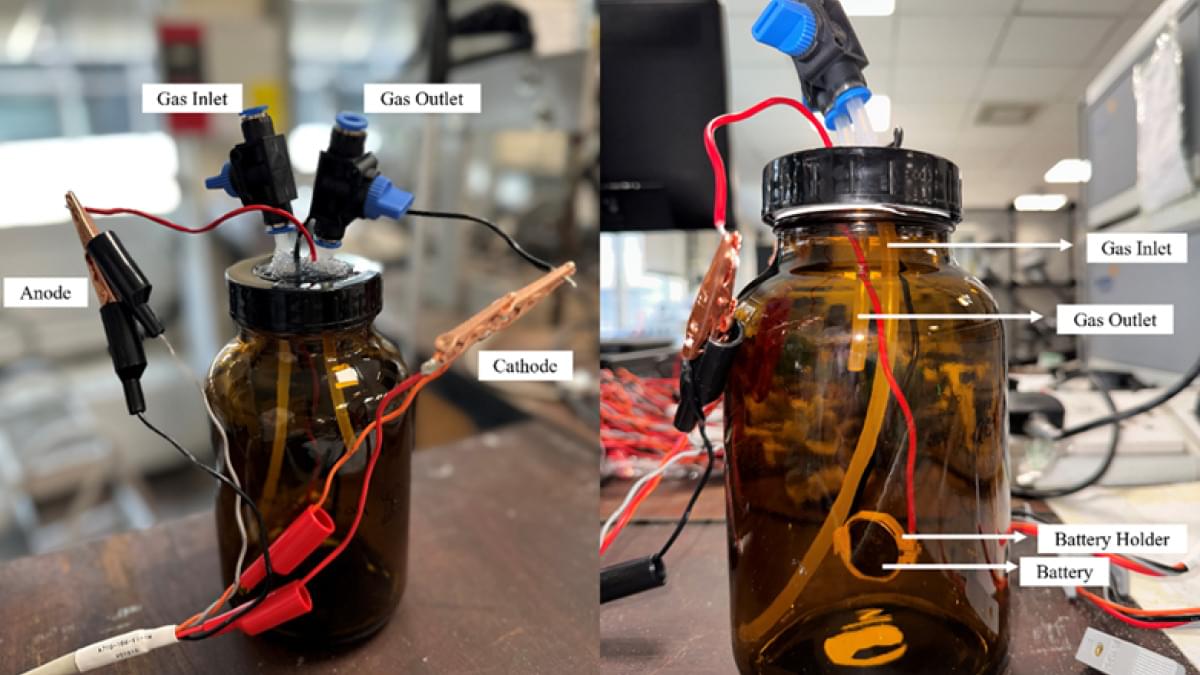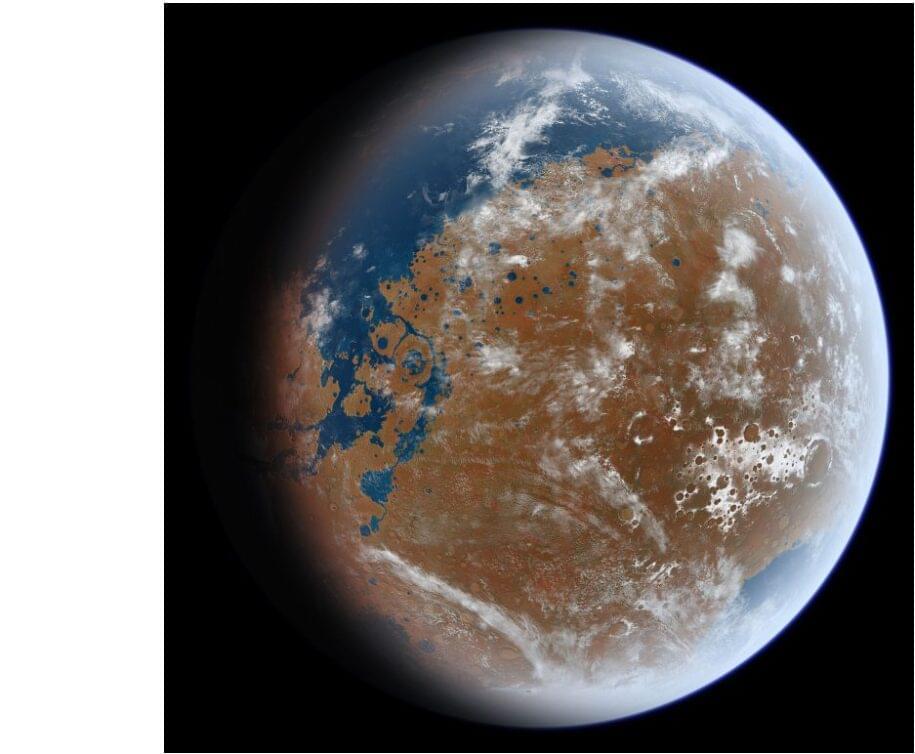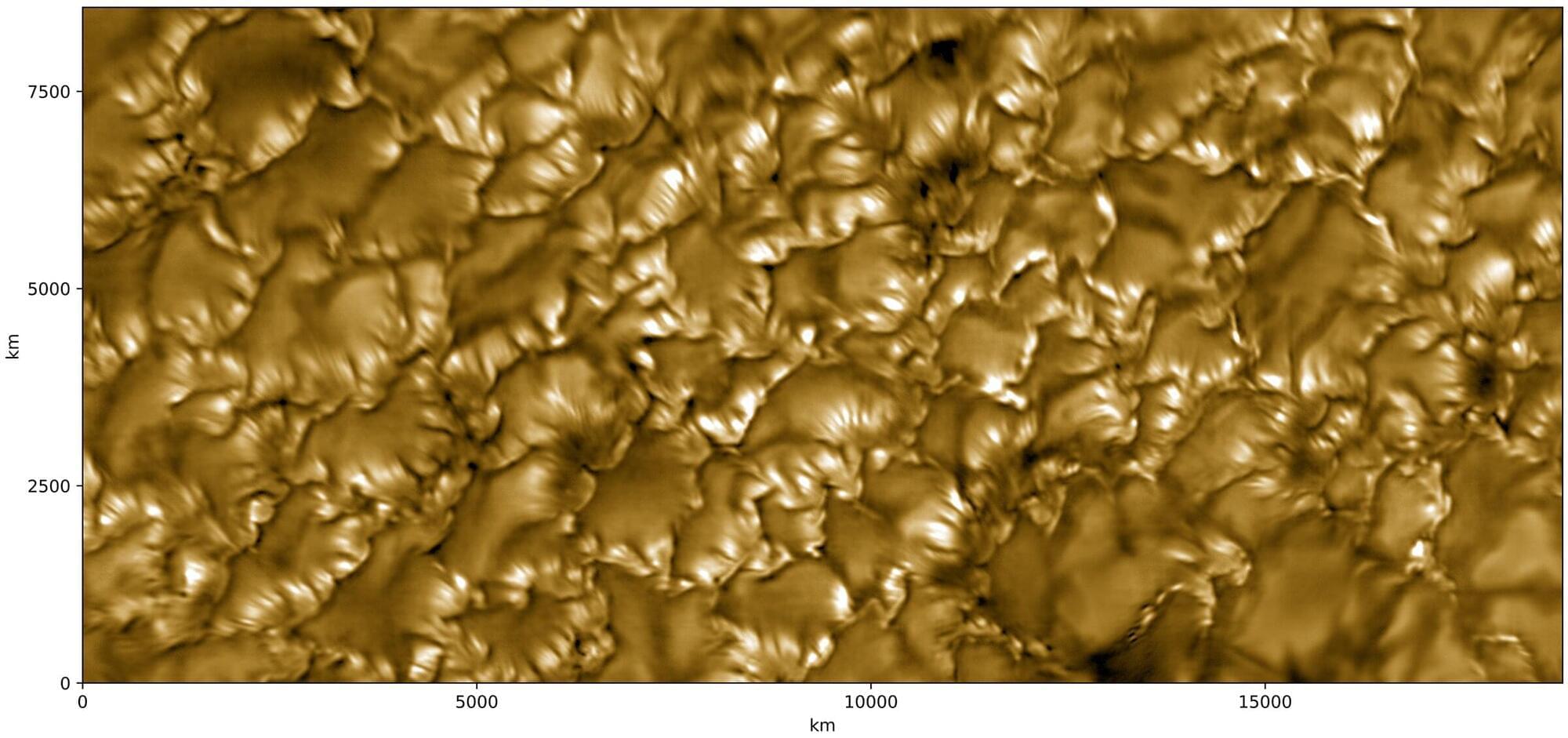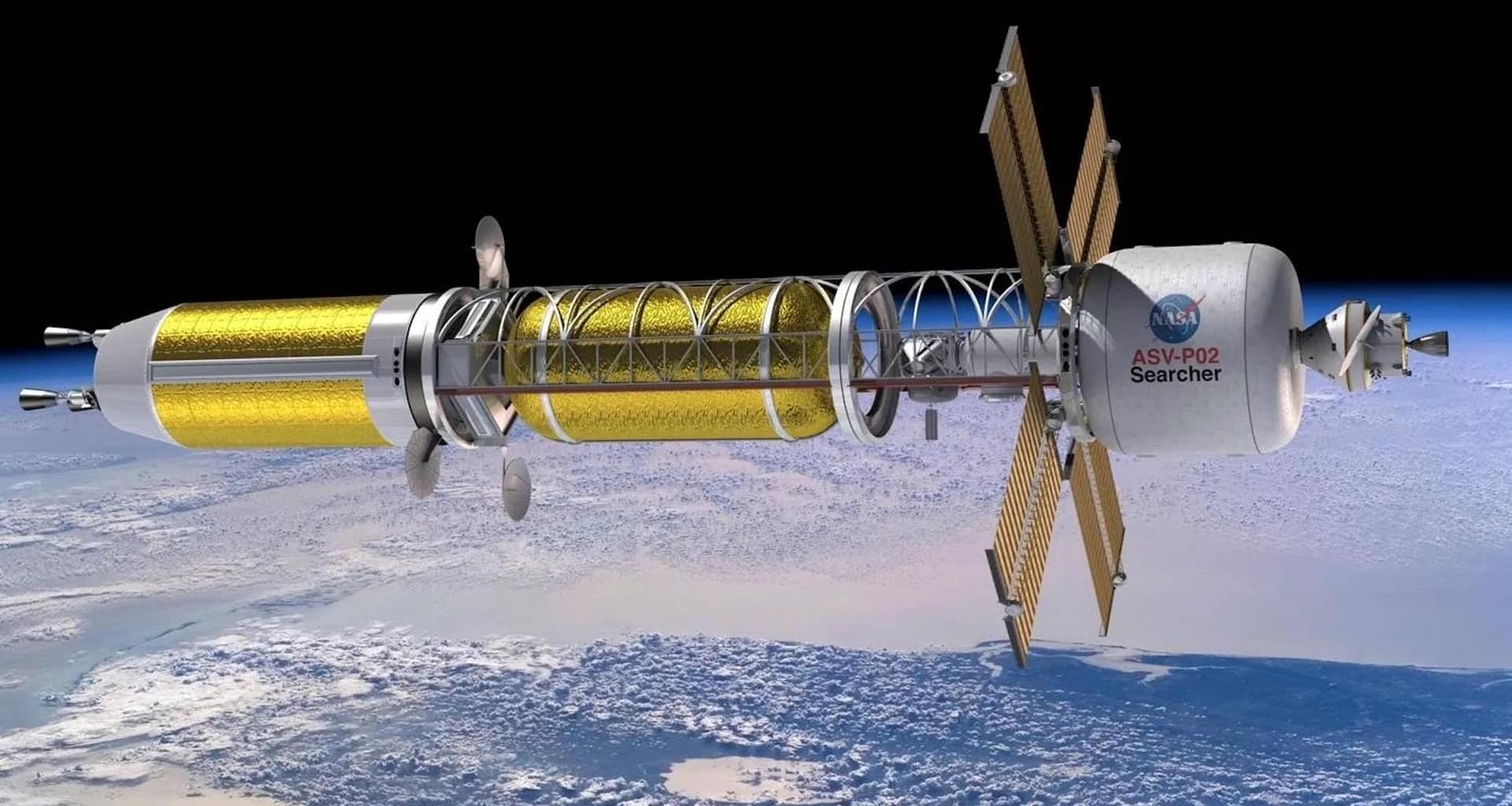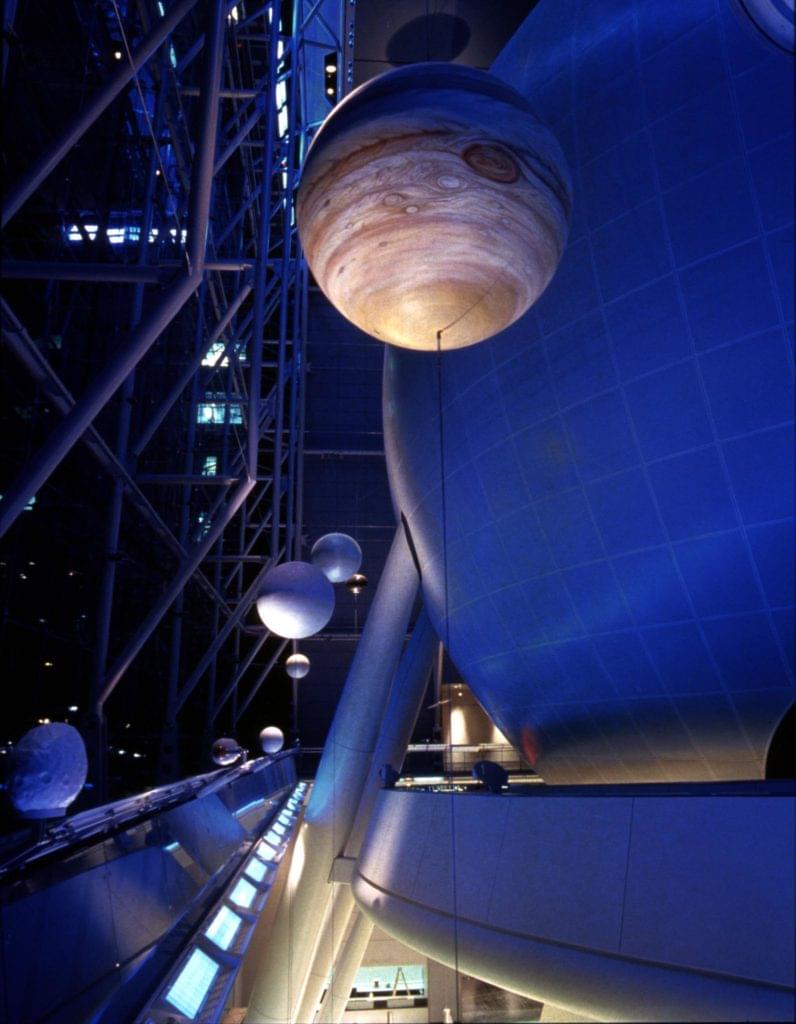In the intriguing realm of star-forming galaxies, the key factor isn’t the total amount of gas but rather its strategic distribution within the galaxy.
Researchers at the International Centre for Radio Astronomy Research (ICRAR) made the discovery about galaxies by studying the gas distribution that helps create stars.
Using CSIRO’s ASKAP radio telescope located at Inyarrimanha Ilgari Bundara, the CSIRO Murchison Radio-astronomy Observatory, researchers explored the gas distribution in about 1,000 galaxies as part of the WALLABY survey.
